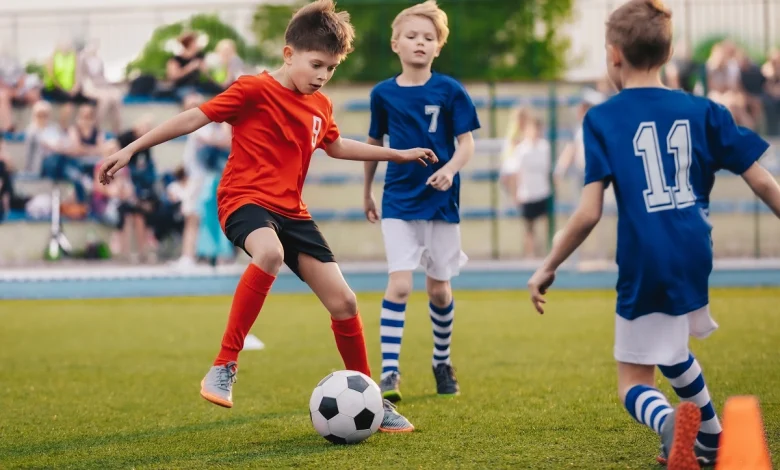Recurrent Head Injuries And Their Impact On Brain Health

Recurrent Head Injuries: Recurrent head injuries, even seemingly minor ones, can lead to significant brain damage over time.
These injuries, often referred to as repetitive traumatic brain injuries (rTBIs), can result from various incidents, such as sports activities, falls, motor vehicle accidents, or violent events. Understanding the cumulative effects of such injuries is critical to promoting brain health and preventing long-term complications. Explore more In Chashmak Magazine.
What Happens During A Head Injury?

Recurrent Head Injuries, When the head experiences a sudden jolt or impact, the brain moves inside the skull. This can lead to bruising, tearing of blood vessels, or damage to nerve fibers. Single traumatic brain injuries (TBIs) can cause temporary or permanent impairments, but recurrent injuries exacerbate the risks of progressive brain damage.
The Cumulative Effects of Recurrent Head Injuries
Chronic Traumatic Encephalopathy (CTE)
Recurrent Head Injuries, One of the most well-documented conditions associated with rTBIs is Chronic Traumatic Encephalopathy (CTE). Commonly found in athletes, military personnel, and others exposed to repeated head trauma, CTE is a degenerative brain disorder. Symptoms include memory loss, mood swings, depression, aggression, and eventually, dementia.
Post-Concussion Syndrome (PCS)
Recurrent Head Injuries, PCS can result from a single concussion but is more severe with repeated injuries. It is characterized by headaches, dizziness, sleep disturbances, and cognitive impairments lasting weeks, months, or longer.
Neuroinflammation And Brain Shrinkage
Recurrent Head Injuries, Repeated trauma can trigger chronic inflammation in the brain, leading to the degeneration of brain tissue and shrinkage over time. This can impair critical functions like memory, attention, and emotional regulation.
Increased Risk Of Neurodegenerative Diseases
Recurrent Head Injuries, Studies suggest that individuals with a history of recurrent head injuries have a higher risk of developing conditions like Alzheimer’s and Parkinson’s disease. The repeated damage accelerates the accumulation of toxic proteins in the brain, such as tau and beta-amyloid, contributing to neurodegeneration.
Vulnerable Populations
Athletes: Contact sports like football, boxing, and soccer expose athletes to repeated head impacts.
Military Personnel: Soldiers often encounter blasts and physical impacts that increase their susceptibility to TBIs.
Elderly Individuals: Older adults are more likely to experience falls, making them a high-risk group for repetitive head injuries.
Prevention and Management
Protective Measures
Use of helmets and protective gear in sports and high-risk occupations.
Fall-prevention strategies for elderly individuals, such as ensuring safe home environments.
Early Diagnosis And Monitoring

Advanced imaging technologies, like MRI and PET scans, can help detect brain changes early.
Regular neurological assessments for those exposed to recurrent head injuries.
Rehabilitation And Therapy
Cognitive and physical therapies can aid recovery and improve quality of life.
Medications to manage symptoms like headaches and mood disorders.
Education And Awareness
Educating athletes, military personnel, and caregivers about the risks and symptoms of TBIs.
Promoting policies that limit exposure to repetitive head trauma, such as changes in sports rules.
Conclusion
Recurrent Head Injuries, Recurrent head injuries are not merely a series of isolated events but a significant public health concern. The long-term impact on brain health underscores the need for preventive strategies, early diagnosis, and effective rehabilitation. Awareness and proactive measures can help reduce the prevalence and severity of brain damage resulting from recurrent head trauma.
Also Read:
Alcohol Effect: Why Do We Feel Anxious After Drinking Alcohol?
Internet Usage By Elderly 2024 Update: How Internet Usage Supports Mental Health In Older Adults
4 Tips For Improve Vision Naturally: Can Eye Exercises Improve Vision Problems?




